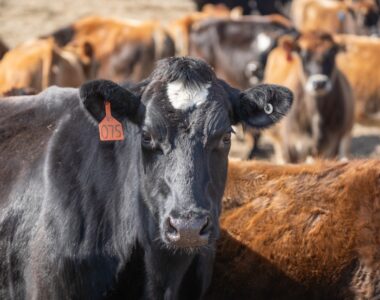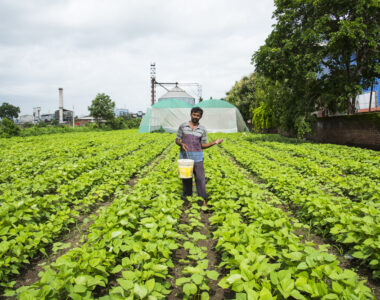
A new federal spending bill has reintroduced strict oversight on hemp products, sparking debate across the agricultural industry. The hemp regulation changes included in the proposal aim to limit THC levels in hemp-derived products and close loopholes that allowed intoxicating cannabinoids like delta-8 to be sold legally.
What We Know
The provision, attached to a Republican-led spending bill, would set a total THC limit of 0.4 milligrams per package while keeping the existing 0.3% delta-9 THC dry-weight standard. It would also criminalize products exceeding those limits, even if derived from federally legal hemp. The amendment emerged as part of negotiations to end the government shutdown, meaning it could pass quickly if included in the final version of the bill.
Industry analysts estimate the change could affect a U.S. market worth over $28 billion, impacting farmers, processors, and retailers. The bill allows one year before enforcement begins, giving the industry limited time to adapt to new standards.
What Industry Leaders Are Saying
Hemp associations and business leaders warn that the hemp regulation changes could eliminate thousands of jobs and shutter farms that depend on cannabinoid production. Many producers pivoted to hemp after the 2018 Farm Bill legalized the crop nationally. These growers now fear the revised limits could wipe out a decade of investment and progress.
Leaders from hemp trade groups argue that rather than a ban, the government should focus on clearer labeling and consumer safety rules. They maintain that compliant hemp products already undergo testing and traceability and that overly broad restrictions could push the market underground.
Why the Government Is Concerned
Federal lawmakers say the hemp regulation changes are meant to address growing confusion between hemp and marijuana products. Some states reported surges in unregulated delta-8 THC sales, including to minors. Lawmakers claim the new rules will restore consistency to the hemp industry and protect consumers.
The Bottom Line
The proposed hemp regulation changes represent the most significant shift in hemp policy since 2018. For U.S. farmers, the coming months may determine whether hemp remains a viable crop or returns to a niche market under tighter controls. Growers, processors, and lawmakers now face the challenge of balancing safety, regulation, and economic opportunity.



